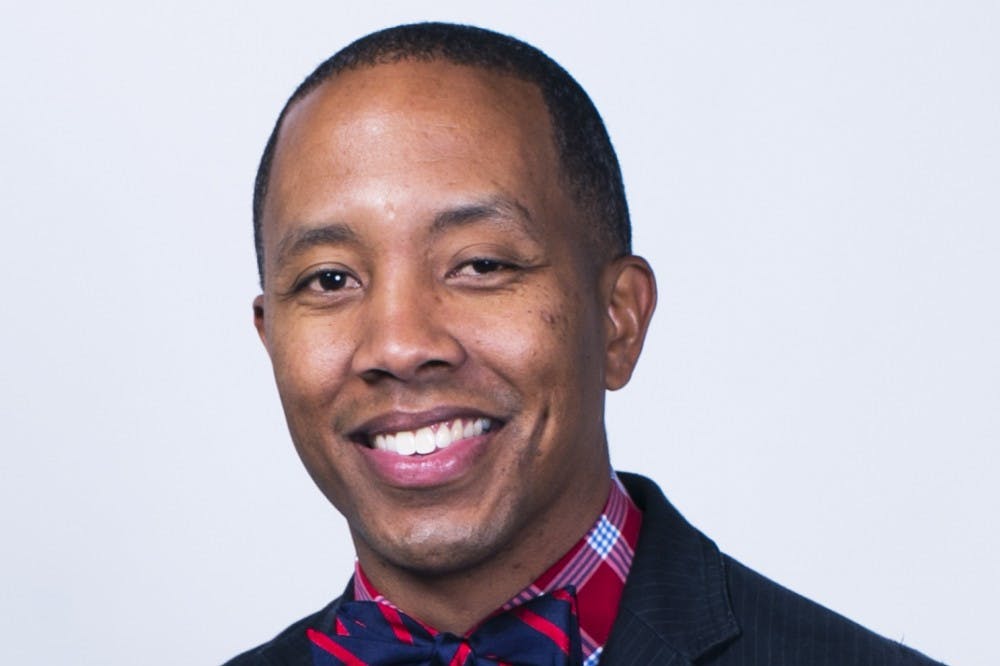UNC Men’s Project is hosting a screening of the film, “My Masculinity Helps” tonight, followed by a conversation with filmmaker and associate professor of counselor education at N.C. State University, Marc Grimmett. The film explores the role of black males in the prevention of sexual violence. Staff writer Trevor Lenzmeier spoke with Grimmett about the project.
The Daily Tar Heel: Where did the idea for your film, “My Masculinity Helps,” come from?
Marc Grimmett: The North Carolina Coalition Against Sexual Assault was awarded a grant from the U.S. Department of Justice Office on Violence Against Women to engage men and boys in sexual prevention, and (the NCCASA) awarded N.C. State a portion of that grant to come up with a project to accomplish that goal. When I was asked to participate with the project, I came up with idea for the documentary.
DTH: What do you hope the film means to students?
MG: The first thing I would like is for people who have experienced sexual violence to know there are people in the community that care about what has happened to them and want to make sure they receive the support and resources they need for their healing and recovery. I want survivors of sexual violence to feel validated by the content of the film (which I hope will take) responsibility for presenting sexual violence (to) the larger community as opposed to putting it on the survivors.
In terms of men and boys, I would like them to see that we have a critical role to play in sexual violence prevention by being accountable for our actions and using some of the power and privilege that we are afforded in a patriarchal society to speak up and speak out against sexual violence.
DTH: What inspired you to work with sexual assault victims?
MG: I have had many people in my personal life share with me that they are survivors of sexual assault or they have been victimized by sexual violence, and so that really sensitized me to the reality of this violence happening in the world and of course I empathize with what happened with them and I wanted to comfort them and support them.
Later on in my professional career when I became a counselor and a psychologist, I started to get more training related to working with survivors and after a while I wanted to do more things on the preventive side — not just the therapeutic side after it happened.




